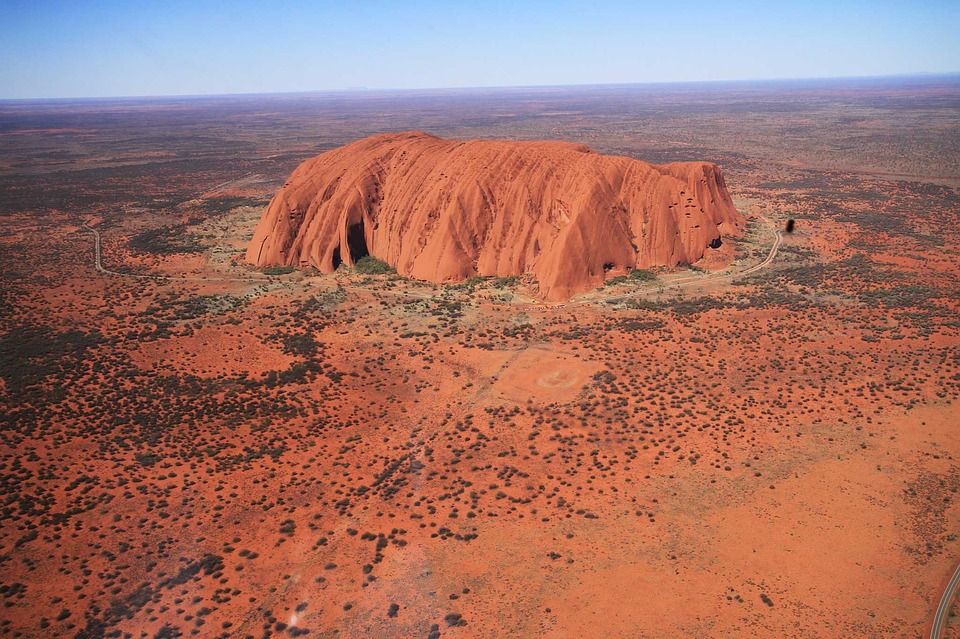Tourism in Australia can respond to climate challenges
A new report from the Climate Council has highlighted both the threats and opportunities climate change poses for the tourism industry in Australia.

A new report from the Climate Council has highlighted both the threats and opportunities climate change poses for the tourism industry in Australia.
The non-profit organisation reports that Australia’s top five natural tourist attractions could be impacted by extreme weather events. These are beaches, wildlife, the Great Barrier Reef and national parks.
In particular, a 0.5m rise in sea levels could result in a 100 fold increase in flooding right around the country’s huge coastline, including Sydney, Melbourne and Cairns. The global rise in temperatures could also lead to the number of days above 35ºC increase to over 100 a year in the country’s central region, which includes Ayers Rock, a UNESCO World Heritage Site.
Tourism is a multibillion-dollar industry in Australia, estimated to provide over 500,000 jobs, and a crucial export business for the country.
Ecologist Professor Lesley Hughes, said: “In 2016 alone, more than 8 million international visitors arrived on our shores to see our natural icons, bringing in more than $40 billion dollars. In fact, tourism employs more than 15 times more people in Australia than coal mining”.
Climate Council Acting CEO and Head of Research, Dr Martin Rice criticised the government for not mentioning sustainability in its new Tourism 2020 plan, commenting that “without credible climate policy that cuts Australia’s rising carbon pollution levels, the impacts of climate change will only intensify and accelerate across the country over the coming decades”.
However, the government has recently announced $60 million of new funding to help protect the Great Barrier Reef.
Action has also been seen on the part of tourism operators who have responded to the challenges. This includes the plan by both the Virgin and Qantas airlines to offset emissions and embrace renewable fuel. Eco-tourism projects have also sprung up across the Great Barrier Reef; international diving trainers PADI have gone carbon neutral. Ayers Rock is also started utilising solar power to provide 15 percent of its energy needs.
Dr Rice also commended action being seen on the sub-national level: “States and territories, local governments and individual tourism operators should be congratulated for rolling up their sleeves and doing their bit to slash pollution by embracing renewable energy and storage technology”.
Last month, a report from The Economist Intelligence Unit commended European countries for leading the way in sustainable tourism. France and Germany have both been early leaders in the field’s growing importance.


